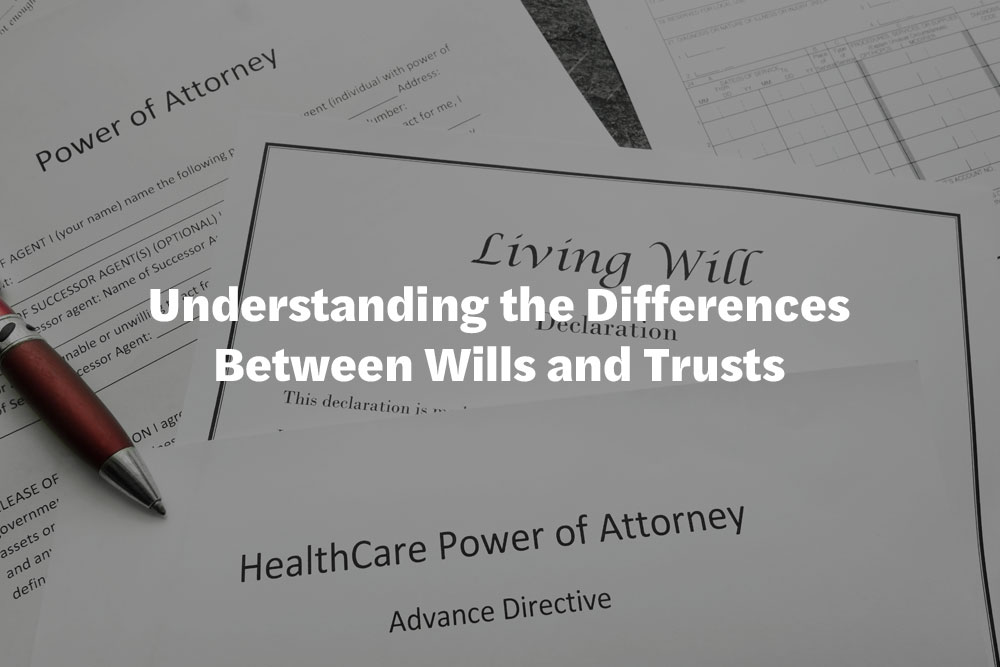When it comes to estate planning, understanding the distinctions between wills and trusts is crucial for effective management and distribution of your assets. Both serve important roles in estate planning but have distinct differences that can impact how your estate is handled upon your death. At Allenby Law, we specialize in demystifying these legal tools, helping you make informed decisions that best suit your personal circumstances.
What is a Will?
A will, or a last will and testament, is a legal document that communicates a person’s final wishes pertaining to possessions and dependents. Its primary function is to outline how your assets should be distributed after your death.
Key Features of Wills:
- Probate: Wills must go through probate, a court-supervised process that authenticates the will and oversees the distribution of the estate.
- Guardianship: Wills allow you to appoint a guardian for minor children, which is not possible with trusts.
- Public Record: Once it enters probate, a will becomes a public record, which means anyone can access the details of your estate distribution.
What is a Trust?
A trust is a legal arrangement where a trustee holds and manages assets on behalf of the trust’s beneficiaries. Trusts can be arranged in many ways and can take effect before or after death.
Key Features of Trusts:
- Avoiding Probate: Trusts typically do not go through probate, which can speed up the asset distribution process and keep it private.
- Flexibility and Control: Trusts offer more control over when and how your assets are distributed. For example, you can specify that beneficiaries receive assets only after meeting certain conditions.
- Privacy: Since trusts do not go through probate, they remain private, keeping your estate affairs out of the public record.
Comparing Wills and Trusts
Timing: Wills take effect only after death, whereas trusts can be utilized to manage assets during the grantor’s lifetime, after death, or both.
- Control Over Distribution: Trusts provide detailed control over the assets’ distribution, potentially limiting access or setting stipulations based on ages, milestones, or specific conditions.
- Cost and Complexity: Generally, trusts are more complex and costly to set up than wills but may save money and time in the long run by avoiding probate.
Why Choose One Over the Other?
The choice between a will and a trust depends on several factors, including the size of your estate, your privacy preferences, and how you wish to distribute your assets. For example:
- Simple Estates: If you have a straightforward estate and don’t mind it going through probate, a will might suffice.
- Complex Estates: For larger estates or for those seeking more control over how and when assets are distributed, a trust might be more appropriate.
Choosing the right estate planning tool is a decision that should be made with careful consideration of your assets, your family’s needs, and your long-term intentions. At Allenby Law, we provide clear, actionable guidance tailored to your unique situation, helping you determine whether a will, a trust, or a combination of both is the best option for securing your legacy. Contact us today to begin crafting an estate plan that reflects your wishes and protects your loved ones.



